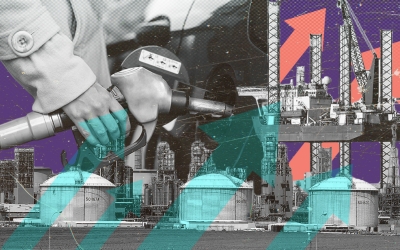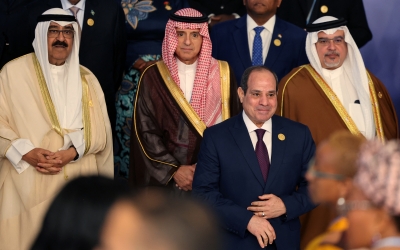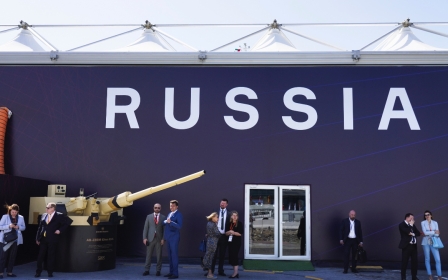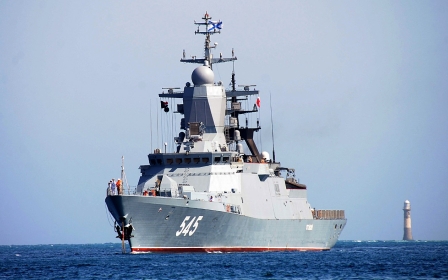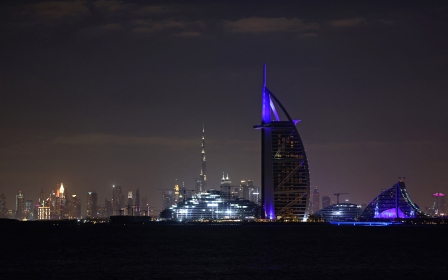UAE has 'no plans' to leave Opec alliance despite reports of fissures with Saudi Arabia
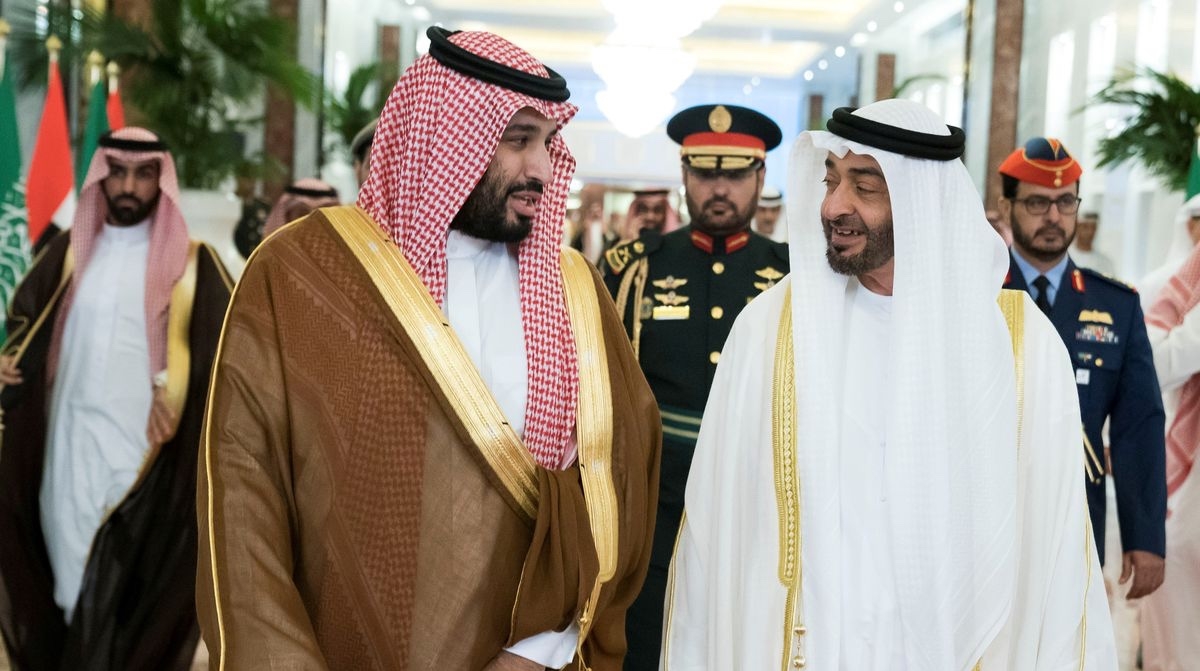
On Friday, the Wall Street Journal reported that new fissures within Opec, as a result of energy policy differences with Saudi Arabia, were triggering a debate in the UAE about leaving Opec altogether. But shortly after the WSJ article appeared, an Emirati official, speaking on condition of anonymity, told Bloomberg the UAE has no plans to leave the Opec alliance.
A decision by the UAE to leave Opec would have ramifications across world energy markets, and Brent prices fell almost three percent following the WSJ report but have recovered since. By the afternoon EST Brent was trading up .85 percent at 81.88 per barrel.
Saudi Arabia and the UAE are divided over oil production, with the smaller Gulf state eager to boost output now when oil prices are high while its bigger neighbour wants to limit supplies to support prices for the longer term.
Last October, Opec+, led by Saudi Arabia, agreed to reduce output by two million barrels per day. The US slammed the move, accusing Opec+ of siding with Russia to keep energy prices elevated amid the war in Ukraine.
The UAE publicly defended the cut as "technical and not political", but US officials say the Emiratis privately expressed opposition to the move, according to the WSJ.
Under the Opec+ deal, the UAE is only allowed to pump three million barrels a day, considerably less than its four million barrel-a-day capacity. Abu Dhabi National Oil Company has a five million barrel-a-day production target by 2027.
In the summer of 2021, differences between Abu Dhabi and Riyadh spilled out into the open during a meeting of Opec+ ministers, after the UAE rejected a Saudi-led proposal to extend a pact to curb oil production.
The feud underscores the challenges Gulf petrostates face in preparing their economies for the green energy transition.
Saudi Arabia wants 'every molecule'
Middle East Eye previously reported how Gulf petrostates are empowered by the war in Ukraine and the West's reinvigorated focus on traditional energy security.
From Doha to Riyadh, Gulf monarchies' coffers have been buoyed by rising energy prices. However, their leaders are trying to position their economies for the day when oil and gas lose their primacy in global markets.
Saudi Arabia's energy minister, Abdulaziz bin Salman, famously vowed the kingdom would be "the last man standing" in the oil market and extract "every molecule of hydrocarbon" it possesses before they become worthless.
Both the UAE and Saudi Arabia have embraced cleaner energy at home as a way to free up more fossil fuels for export at high prices abroad. They have also positioned themselves as more favourable destinations for energy companies with less red tape and regulations than the West.
The spat over oil policy is just one of many emerging between the UAE and Saudi Arabia.
Crown Prince Mohammed bin Salman is pushing the liberalisation of social reforms in Saudi Arabia, even as he oversees a crackdown on dissent. The moves are designed to attract western businesses and ex-pats to the kingdom, increasing competition with the UAE, which has long billed itself as the region's premier business and tourism hub.
Both Gulf states are partners in the region, they cooperate militarily and have backed the same proxies in regional conflicts like Libya. But they have had to manage differences.
In 2019, the UAE announced a withdrawal of its forces from the Saudi-led coalition fighting in Yemen. Instead of relying on a heavy military footprint, it has preferred to wield influence by supporting a host of proxies mostly situated along Yemen's Red Sea coast and the Gulf of Aden.
The UAE sees Yemen as strategically important to its commercial interests and has been trying to develop a military base on a Red Sea island, according to the WSJ.
Saudi Arabia has opposed the move, according to the WSJ, and positioned Sudanese soldiers aligned with Riyadh close to UAE assets in Yemen, a move the Emiratis saw as a strong-arm tactic, according to Gulf officials cited by the WSJ.
Middle East Eye delivers independent and unrivalled coverage and analysis of the Middle East, North Africa and beyond. To learn more about republishing this content and the associated fees, please fill out this form. More about MEE can be found here.


